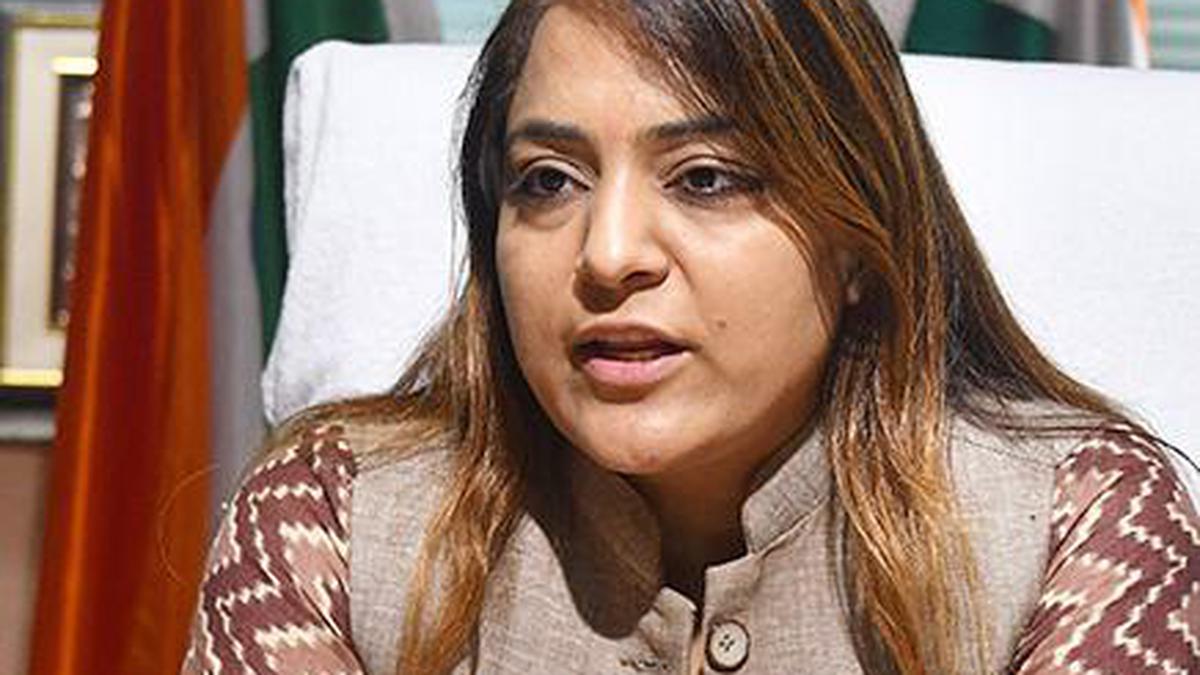


The Supreme Court in the case was hearing the petition filed by the Mayor of the Municipal Corporation of Delhi wherein it seeks direction to exercise the functions of its Standing Committee till the said committee can be properly and legally constituted.
Therefore, it may be recalled that the Supreme Court had reserved its judgment on the issue of whether the Lieutenant Governor, LG of Delhi can nominate aldermen, nominated members to the MCD which being without the consent of the Delhi Government.
The court reserved the said judgement in the Delhi Government’s petition seeking the quashing of notifications through which the Lieutenant Governor, LG of Delhi appointed ten nominated members to the Municipal Corporation of Delhi, MCD on his initiative, and not on the aid and advice of the Council of Ministers. Thus, the legality of these members is pending.
The court in the case stated that as per Delhi Municipal Corporation Act, 1957, DMC Act, these ten disputed members are also entitled to vote in the Standing Committee elections. Thus, while giving that this will substantially impact the elections, the committee has not been constituted yet.
The court while considering the functions performed by the Standing Committee are at a halt, Mayor Shelly Oberoi, belonging to the Aam Aadmi Party, AAP has moved the Supreme Court for relief.
The petition stated that the Petitioner’s constitutional responsibilities to the citizens of Delhi, thus, the present Petition has been preferred for seeking the direction that the functions of the Standing Committee pending the adjudication of the legality of the process of appointment of its electors be exercised by the House of the MCD, i.e. the ‘Corporation’ composed of all the elected councillors as defined under Section 3(3)(a) of the DMC Act.
In the present case, the petition has been moved by Oberoi wherein it has been argued that several amenities have been affected. Some of them include the procurement of textbooks and medical supplies for MCD’s schools and health centers and the maintenance of public parks and public toilets.
It has also been mentioned in the petition that the recent solution passed by the Corporation, resolving those approvals for contracts involving expenditure greater than Rs. 5 crores, which includes where approval will be normally routed through the Standing Committee and which is to be taken by the competent authorities directly from the Corporation. This was passed to alleviate the situation and preserve the interests of the citizens in Delhi. Further, the court in the case observed and has stressed that the corporation, being the body superior to the Standing Committee in both the power and accountability, should exercise the functions of the Committee in its meetings.
The court noted that as per the cost of reception, it may be noted that such relief has been sought only till the Committee can be constituted.